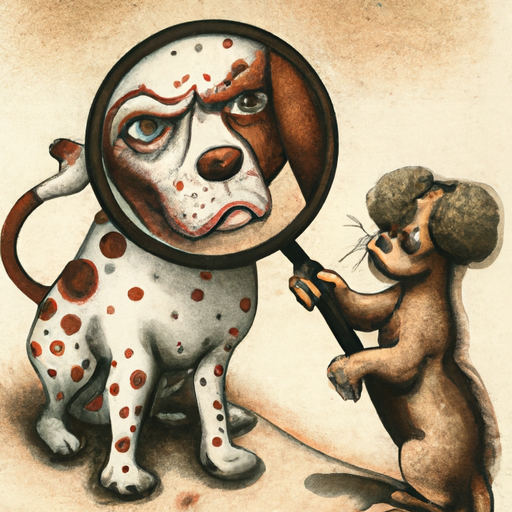When it comes to monkeypox, most people’s knowledge about this rare disease is limited. While monkeypox is typically associated with human infections, there are concerns about whether our canine companions can contract this disease. This article will delve deeper into the question, “How do dogs get monkeypox?”
Key Takeaways
- Dogs are not known to contract monkeypox naturally.
- Monkeypox is primarily transmitted to humans from animals.
- The disease is more common in central and west African countries.
- There is a lack of scientific data on dogs contracting monkeypox.
Table of Contents
- Understanding Monkeypox
- Can Dogs Get Monkeypox?
- How is Monkeypox Transmitted?
- Monkeypox in Dogs: The Unknowns
- Protecting Dogs from Disease
- Frequently Asked Questions
Understanding Monkeypox
Monkeypox is a rare viral disease that occurs mainly in central and west African countries. The disease got its name from outbreaks that occurred in monkeys kept for research in the 1950s. According to the Centers for Disease Control and Prevention (CDC), humans can get monkeypox through direct contact with infected animals or possibly from human to human.
Can Dogs Get Monkeypox?
At present, there is no scientific evidence to suggest that dogs can get monkeypox. The disease is primarily zoonotic, meaning it’s transmitted from animals to humans. However, the exact animal species acting as natural reservoirs of the monkeypox virus remain unclear. While some rodents are known to carry the virus, there is no definitive proof that dogs can contract or transmit the disease.
For more insights on dogs and diseases, you might want to check out “A Guide to Canine Diseases” on Onetopdog.
How is Monkeypox Transmitted?
Monkeypox virus is thought to be transmitted to humans from animals, with rodents being the most likely reservoirs. Human monkeypox infections have been linked to direct contact with blood, body fluids, or cutaneous or mucosal lesions of infected animals. Eating inadequately cooked meat of infected animals can also pose a risk.
While the primary mode of transmission is from animals, human-to-human transmission can also occur, mainly through large respiratory droplets during close contact.
To understand more about the diseases that dogs can spread to humans, refer to “Zoonotic Diseases in Dogs” at Onetopdog.
Monkeypox in Dogs: The Unknowns
While it’s clear that certain animals can transmit monkeypox to humans, the potential for dogs to contract or transmit this disease remains unknown. There is a lack of scientific data on this matter, primarily because monkeypox is a rare disease and dogs are not common in the regions where monkeypox is prevalent.
Protecting Dogs from Disease
Even though there’s no evidence that dogs can get monkeypox, it’s crucial to protect our furry friends from other diseases they may be susceptible to. Regular vaccinations, parasite control, a balanced diet, and regular vet check-ups can help keep your dog healthy.
For more tips on keeping your dog healthy, refer to “Dog Health: The Ultimate Guide” at Onetopdog.
Frequently Asked Questions
1. Can dogs get monkeypox?
As of now, there is no scientific evidence to suggest that dogs can contract monkeypox.
2. How is monkeypox transmitted?
Monkeypox is primarily transmitted from animals to humans. Human-to-human transmission can also occur, mainly through large respiratory droplets during close contact.
3. Can dogs transmit diseases to humans?
Yes, dogs can transmit certain diseases to humans, often known as zoonotic diseases. These include rabies, Lyme disease, and certain types of parasites.
In conclusion, while the risk of dogs contracting monkeypox is currently unknown and seemingly low, it’s essential to stay informed about potential health risks to our pets. Always consult with a veterinarian if you notice any unusual symptoms or behaviors in your dog.



